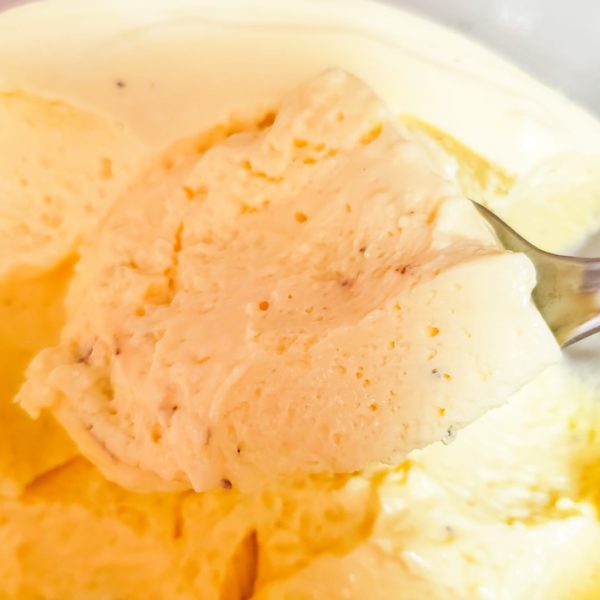
Nessa postagem falaremos sobre uma sobremesa que qualquer pessoa pode fazer devido a seu fácil preparo! Maryah Cunha compartilhou conosco sua receita de mousse de maracujá… Veja o que ela falou sobre esse doce típico da culinária brasileira:
“Hoje eu vim compartilhar com vocês uma receita deliciosa e super aerada de mousse de maracujá. Essa sobremesa fica doce na medida certa e com uma leve acidez do maracujá que deixa essa sobremesa ainda mais especial.” – Maryah Cunha
Existem muitas teorias e histórias sobre a origem da palavra mousse. Uma delas conta que, na Roma antiga, existia uma mistura de mel com vinho chamada de muslum. Com as modificações do latim, a palavra transformou-se em mulsa.
Em francês, a palavra se transformou em mousse e, por volta do século 19, foi o nome dado a um doce aerado preparado na Inglaterra. Mousse na França, ou musse no bom português, significa algo leve e espumoso, porém com textura estável.
Surgiu através da combinação com o maracujá, a fruta tropical originária do nosso país, o mousse de maracujá.
O maracujá, em inglês, é conhecido como “passionfruit”, ou a fruta da paixão. Em algumas culturas, acredita-se que, depois de comer um maracujá inteiro, você se apaixonará pela próxima pessoa que seus olhos encontrarem.
Entretanto, a história diz que a origem do nome é religiosa, relacionada à Paixão de Cristo e como os jesuítas da época usavam a flor como forma didática para a evangelização.
E agora, vamos para a receita!
Receita
Ingredientes:
Modo de preparo:
Link para o vídeo da receita: https://www.facebook.com/watch/?v=1381059868756141
[ENGLISH]
In this post we will talk about a dessert that anyone can make due to its easy preparation! Maryah Cunha shared with us her passion fruit mousse recipe … See what she said about this sweet typical of Brazilian cuisine:
“Today I come here to share with you a delicious and super airy recipe of passion fruit mousse. This dessert is sweet in the right measure and have a slight acidity of the passion fruit that makes this dessert even more special.”- Maryah Cunha
There are many theories and stories about the origin of the word “mousse”. One of them says that, in ancient Rome, there was a mixture of honey and wine called muslum. With the changes in Latin, the word became a mulsa.
In French, the word became a mousse and, around the 19th century, it was the name given to an aerated sweet prepared in England. Mousse in France, or mousse in good Portuguese, means something light and foamy, but with a stable texture.
Through the combination with passion fruit, the tropical fruit originating in our country, was created the passion fruit mousse.
In some cultures, it is believed that after eating a whole passion fruit, you will fall in love with the next person that your eyes meet.
However, history says that the origin of the name is religious, related to the Passion of Christ and how the Jesuits of the time used the flower as a didactic form for evangelization.
And now, let’s go to the recipe!
Recipe
Ingredients:
Directions:
Link for the recipe video: https://www.facebook.com/watch/?v=1381059868756141